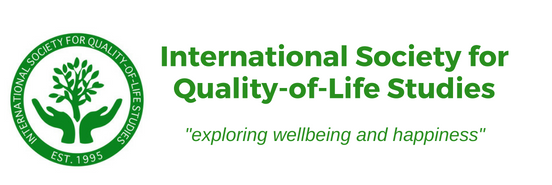Thoughts about time in times of quarantine
Lihi Lahat
During the last weeks of the Covid-19 pandemic, reality has reframed itself. It seems the only way to maintain our well-being is to focus on the present moment. Furthermore, the situation has led us to alter the way we use our time, and this suggests a more profound question – how do we want to use our time? Social scholars, economists, physicists, philosophers, and other researchers have always contemplated the riddle of time. Many studies have looked at the way different individuals and groups use their time and at trends in uses of time; thus, a considerable amount of knowledge has been accumulated. In the last two decades, researchers have noted a clear link between uses of time and quality of life. Despite this now known connection, policymakers still pay limited attention to uses of time.
A recent study I conducted with Professor Itai Sened focused on institutional structures, uses of time, and well-being. In a study published in the Journal of European Social Policy, we examined the connection between uses of time and well-being using two measurements of well-being and in two typologies of welfare regimes based on data collected in 34 countries. Our findings indicated that uses of time have an effect on well-being but are expressed differently in various welfare regimes. For example, like others, we found personal time contributed to well-being. But in three social welfare regimes, including the social-democratic one, well-being was higher, more time was devoted to personal activities, and less time was devoted to working than in three others, including an Eastern European welfare regime. In a follow-up study, funded by Israel’s National Insurance Institute, we found that different populations in Israel had diverse preferences for uses of time. For example, full-time salaried employees and self-employed workers wished to work fewer hours than they currently worked, while retirees wished to spend less time on housework and care and to devote a bit more time to paid work. Overall, our work emphasizes the importance of considering the effect of policy on uses of time and incorporating preferences for time use in policies to promote well-being.
Many studies use an objective measurement of time, what is commonly called ‘clock time’, but time has subjective and context-oriented features. Different people experience time differently; for instance, some enjoy long work hours while others do not. Moreover, each country has different, policies, regulations, and norms that affect the uses of time. France, for example, has a 35-hour official workweek. The way we use our time is vital to us as well as to our family, community, and society. Thus, it is important to continue to explore the connection between policy and uses of time in various country contexts.
The post-coronavirus reality will call for creative solutions. In light of a possible shortage of economic resources, using the available data on uses of time in different countries and reconsidering time may open up new policy alternatives. More awareness among policymakers and citizens that many of our decisions do not adequately address the way we use our time, alongside policies that will allow alternative uses of time, might improve our quality of life and well-being.
For full article see:
Lahat, L., & Sened, I. (2019). Time and Well-Being, An Institutional, Comparative Perspective. Is it Time to explore the idea of a Time Policy? Journal of European Social Policy
https://journals.sagepub.com/doi/10.1177/0958928719891339
1An early version of this post was published in Hebrew at the Espanet Israel website.
Lihi Lahat (Ph.D., Tel Aviv University, Israel) is a senior lecturer in the Department of Administration & Public Policy at Sapir Academic College and Affiliate Associate Professor, Azrieli Institute of Israel Studies, Concordia University, Montreal. Her papers have been published in journals such as Policy Sciences, Social Policy & Administration, International Review of Administrative Sciences, Journal of Management and Governance and Poverty & Public Policy.
